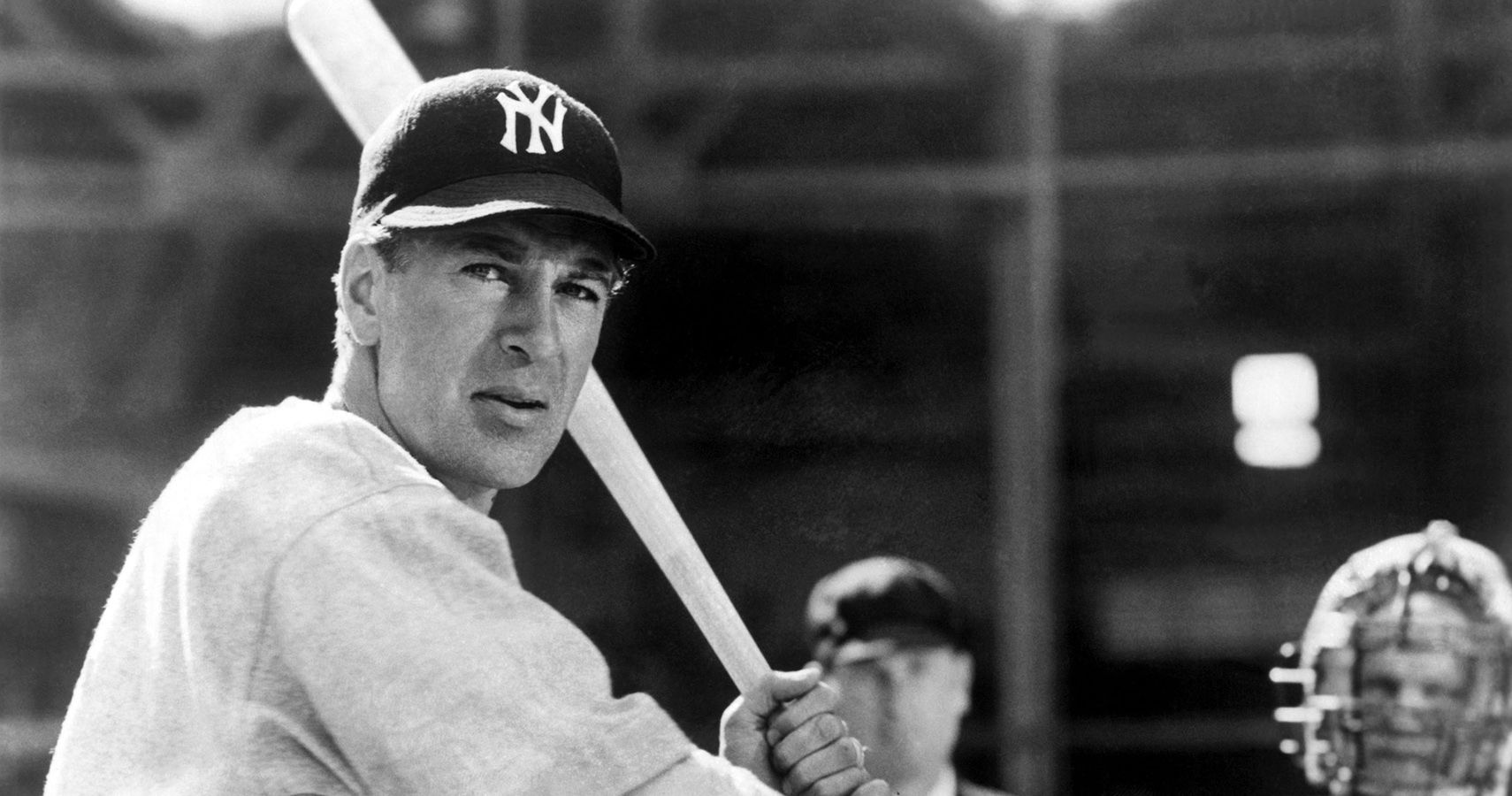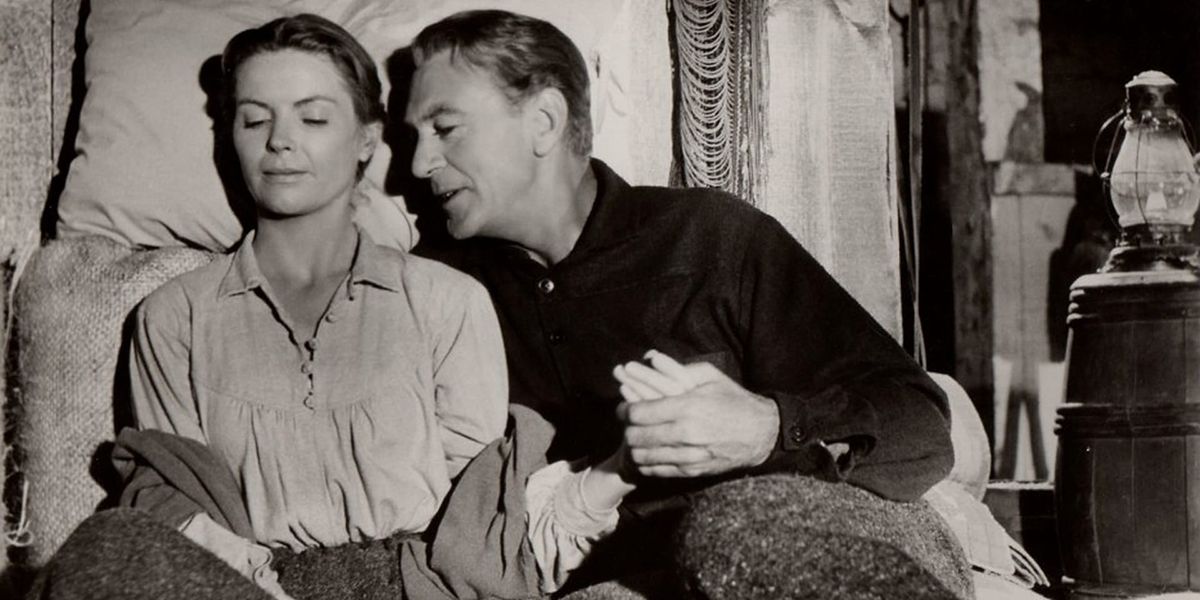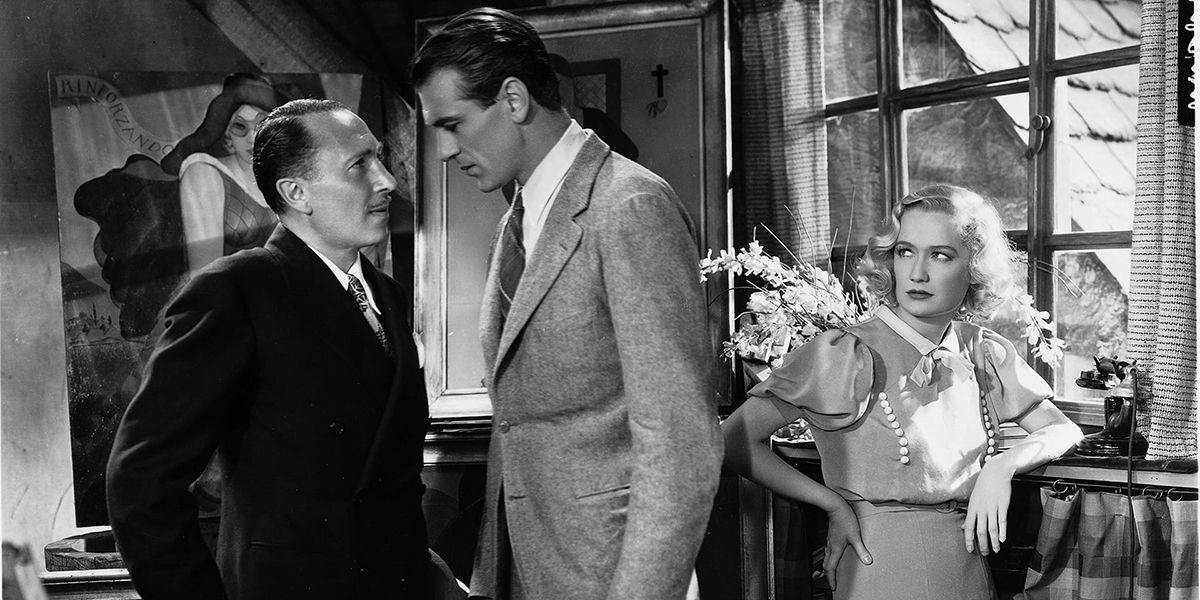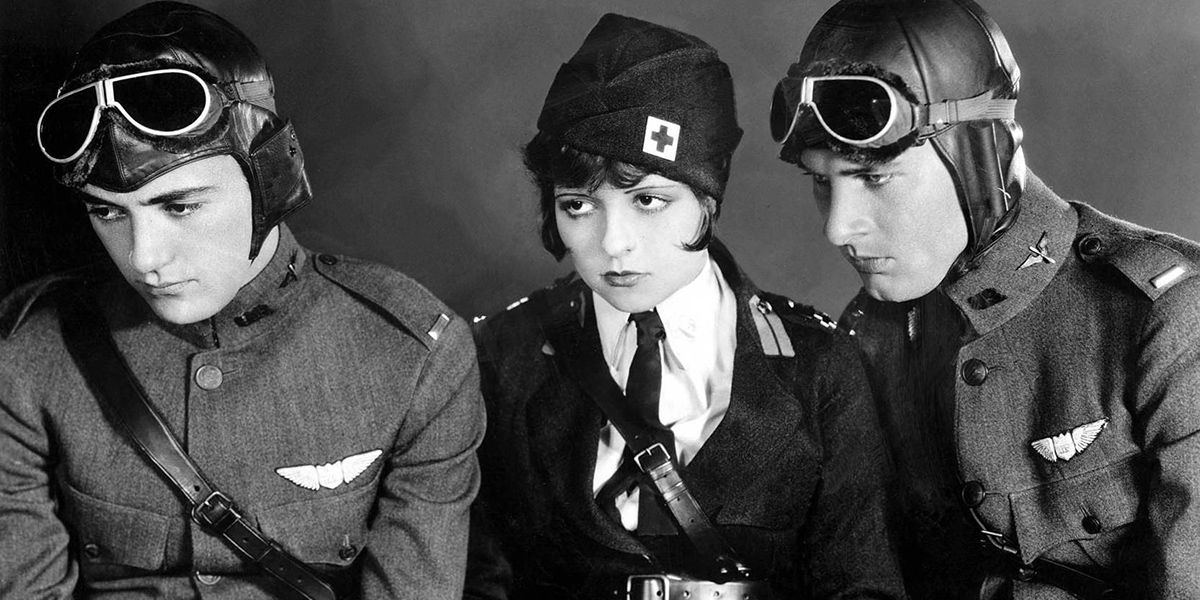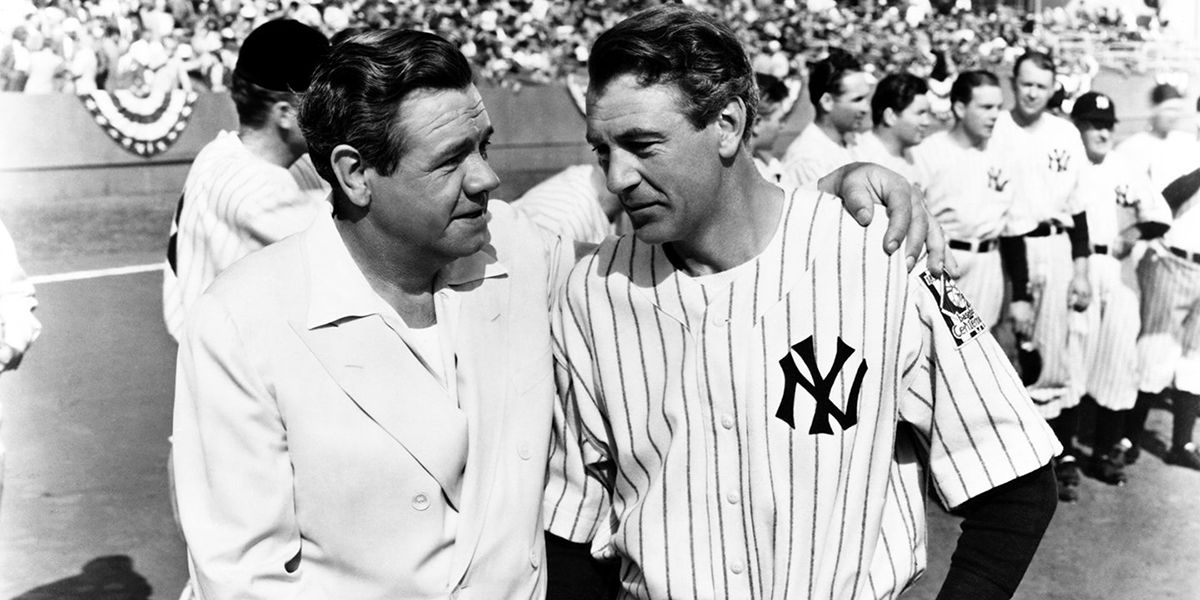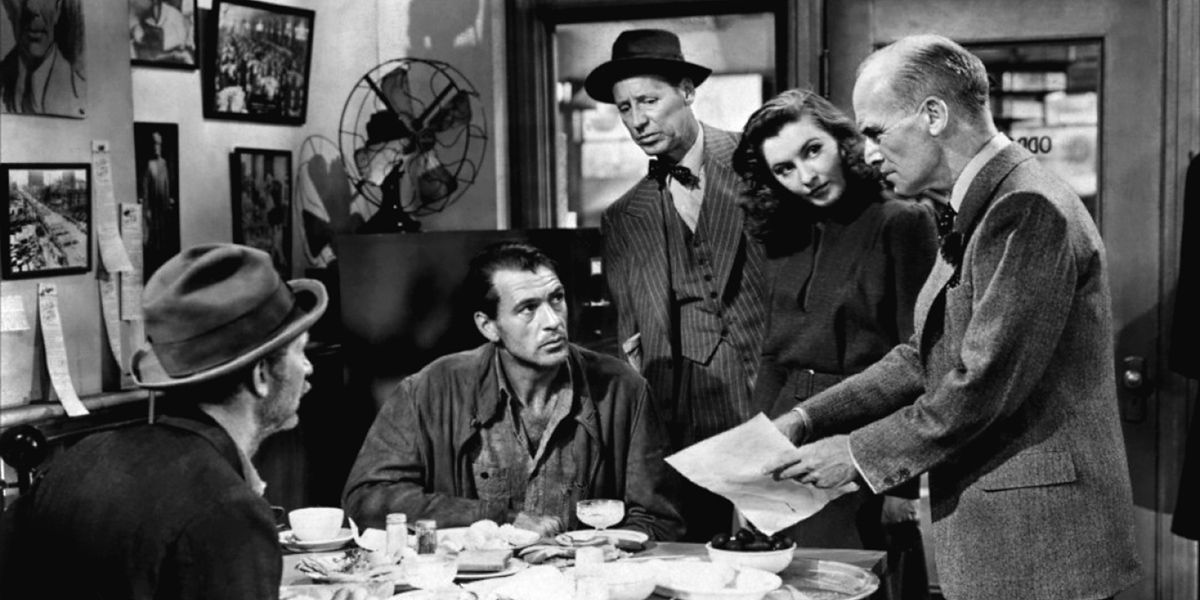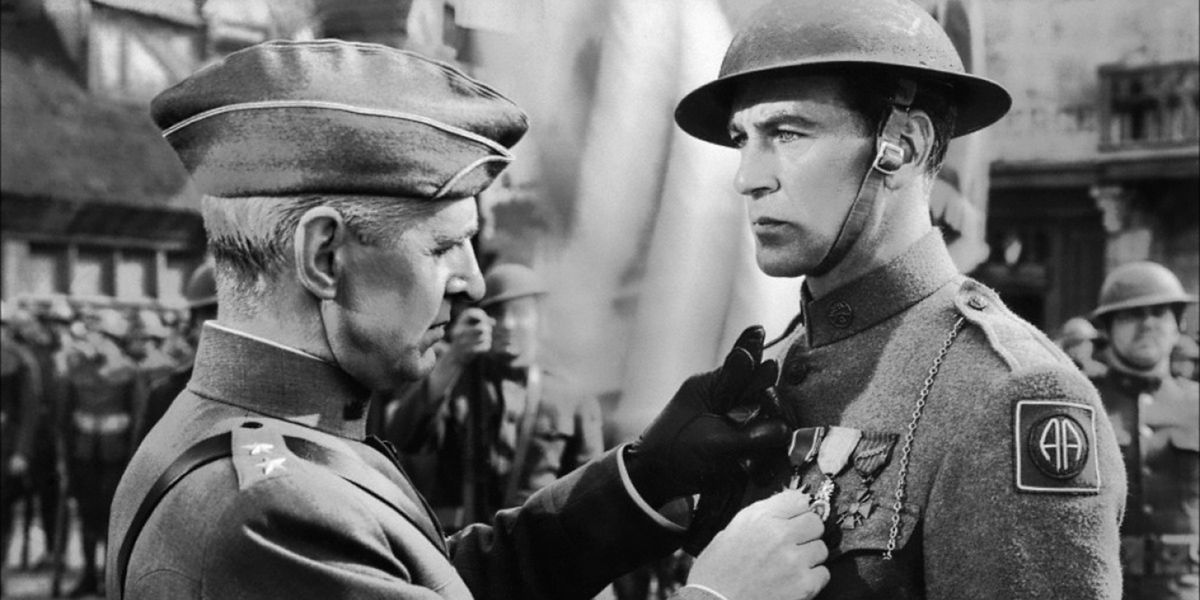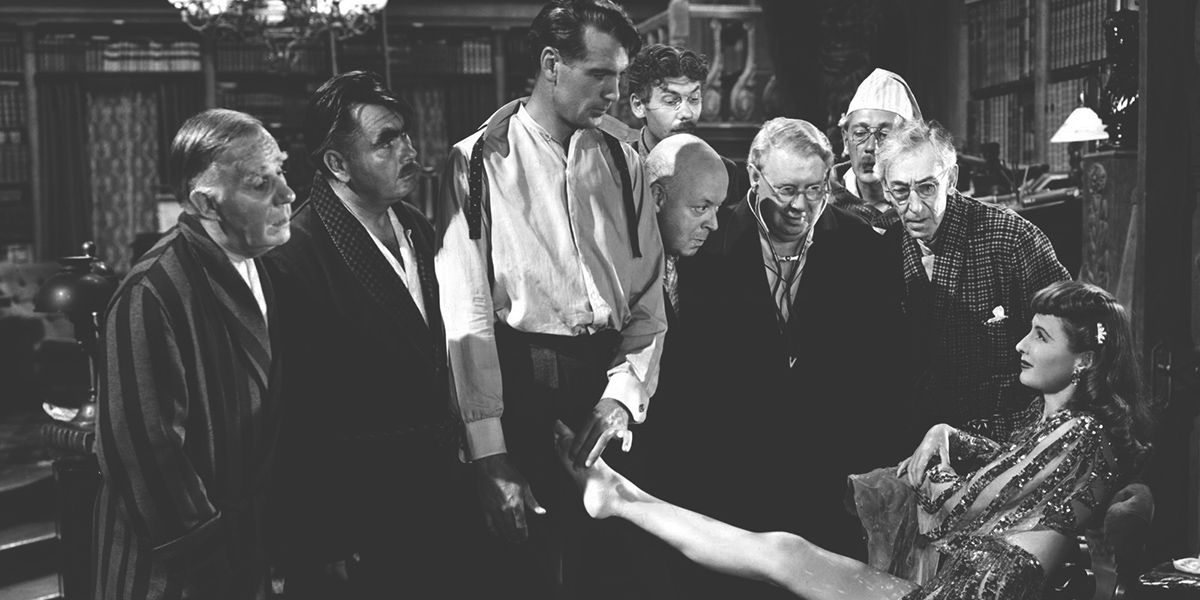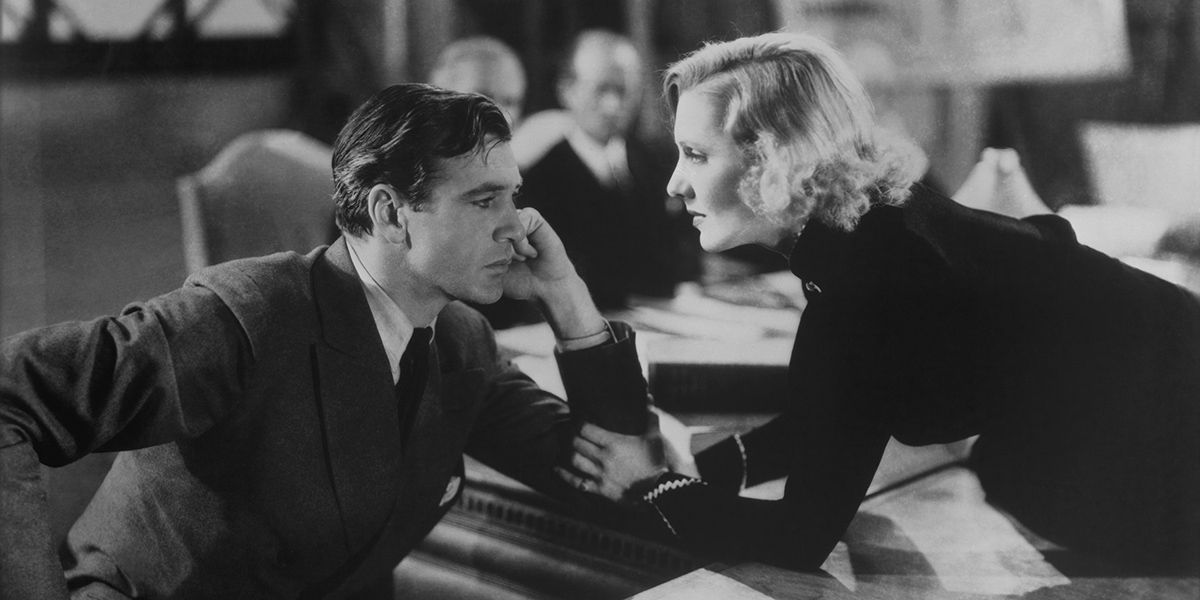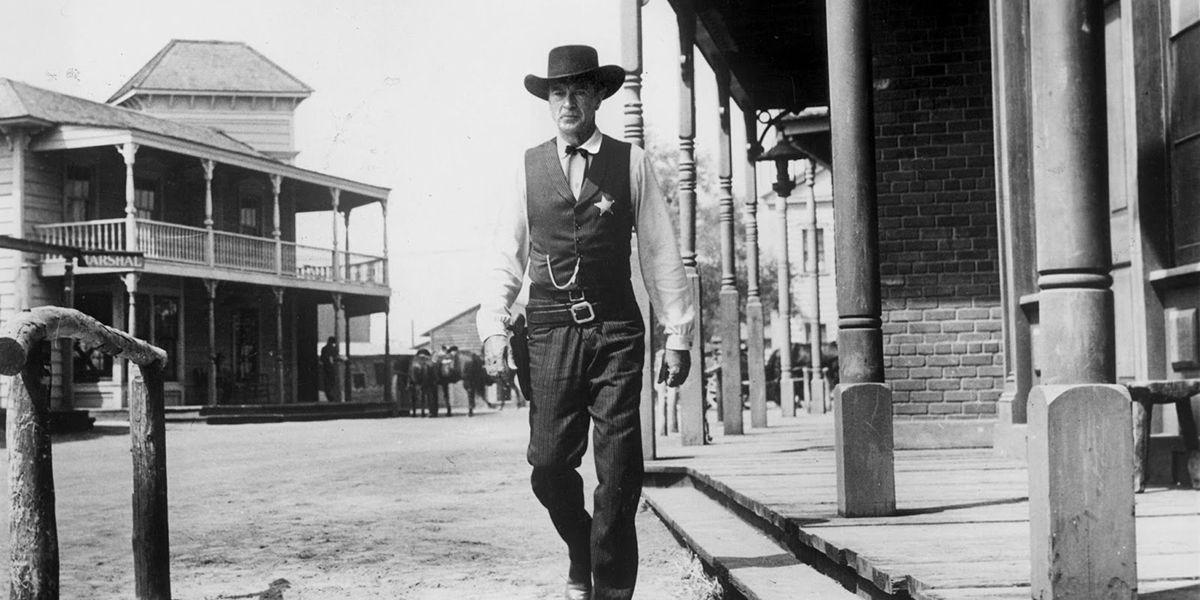Gary Cooper is a fascinating figure. From the 1930s to the 1950s, he was one of the quintessential American actors. He had the good looks and authentic charm to play the everyman, working-class hero, but also slip into biographical roles contemporaries such as John Wayne or Jimmy Stewart couldn't or wouldn't pull off.
Off-screen, Cooper had a wild love life, marrying Veronica Balfe and having romantic relationships with Ingrid Bergman, Patricia Neal, Lupe Velez and Clara Bow. He was an avowed conservative and deeply involved in politics; despite his beliefs, he defended communist and High Noon screenwriter Carl Foreman when Foreman was subpoenaed by HUAC. That dichotomy is evident in many of Cooper's later films. Here are Cooper's 10 best films, according to IMDb.
Friendly Persuasion (1956) - 7.4
This Palme d'Or-winning film saw Cooper star as an Indiana Quaker during the American Civil War. The story focuses on a family wrestling with their faith's commitment to pacifism as the Confederate Army marches closer to their doorstep. Cooper's character ultimately decides to fight, but refuses to kill.
The film is based on the 1945 Jessamyn West novel of the same name and was written by Michael Wilson, a writer on the Hollywood blacklist. It was nominated for six Academy Awards: Best Picture, Director (William Wyler), Supporting Actor (Anthony Perkins), Original Song, Adapted Screenplay and Sound Mixing. Wilson's credit was restored in 1996.
Design for Living (1933) - 7.5
Design for Living is an adaptation of Noël Coward's play of the same name. Cooper, Miriam Hopkins and Fredric March star as three American ex-pats in Paris who solve their love triangle by engaging in a platonic, friendly relationship.
Two eventually engage in a tryst, destroying the arrangement. Miriam Hopkins' Gilda marries another man; Cooper and March's characters do everything they can to sabotage the relationship. They are successful, to say the least.
Wings (1927) - 7.5
Cooper's relationship with Clara Bow got him a part in the first Best Picture Oscar winner. His appearance is brief; Cooper plays Cadet White, who is killed soon after he is introduced. Wings was considered a lost film until 1992, when a print was discovered in Paris. The film was selected for preservation by the National Film Registry in 1997 and a spare negative still exists in Paramount's vaults.
The film was released on Blu-Ray in 2012 with a completely re-orchestrated score, re-done sound effects and re-done color sequences.
Beau Geste (1939) - 7.6
Cooper stars in this adaptation of the 1924 P.C. Wren novel and remake of the 1926 film. Cooper stars as one of three brothers who join the French Foreign Legion. The story revolves around a valuable sapphire that two of the brothers claim they've stolen. They join the Foreign Legion and are trained by the sadistic Markoff, who eventually attempts to procure the gem for himself.
Brian Donlevy received a Best Supporting Actor nomination for his turn as Sergeant Markoff.
The Pride of the Yankees (1942) - 7.7
Cooper plays baseball star Lou Gehrig in this biopic released little more than a year after Gehrig's death. Several of Gehrig's teammates play themselves, including Babe Ruth, Bill Dickey and Bill Meusel. The film focuses more on Gehrig's relationships with those around him than his baseball career, differentiating it from many sports films.
Pride won the Best Film Editing Oscar and was nominated for 10 more: Picture, Actor (Cooper), Actress (Teresa Wright), Adapted Screenplay, Original Motion Picture Story, Original Score, Special Effects, Black-and-White Art Direction and Black-and-White Cinematography.
Meet John Doe (1941) - 7.7
Meet John Doe was the first of four consecutive releases in 1941 and 1942 that appear on this list; Sergeant York, Ball of Fire and The Pride of the Yankees would follow.
Cooper plays the titular character, a man who is paid by a newspaper columnist to "perform" as the John Doe she writes about in a newspaper column. "John Doe"'s philosophy births a political movement that has dire consequences when the plot is revealed.
Sergeant York (1941) - 7.7
Sergeant York is one of Cooper's many screen appearances as a real-life American hero. He plays World War I hero Sgt. Alvin York. The film covers his time in World War I, beginning with his religious awakening in 1916 and including his time in boot camp and his famous bravery during the Meuse-Argonne Offensive.
The film won two Academy Awards: Best Actor (Cooper) and Film Editing. It was also nominated for Best Picture, Director (Howard Hawks), Supporting Actor (Walter Brennan), Supporting Actress (Margaret Wycherly), Original Screenplay, Black-and-White Art Direction, Black-and-White Cinematography, Original Score and Sound Mixing.
Ball of Fire (1941) - 7.8
Ball of Fire is a screwball comedy directed by Howard Hawks and written by Billy Wilder and Charles Brackett. It stars Cooper as a professor researching American slang for an encyclopedia. He enlists the help of a nightclub performer played by Barbara Stanwyck and eventually falls in love with her. Cooper and his fellow professors decide to protect Stanwyck's performer from her mob boss boyfriend.
The film was nominated for four Oscars: Best Actress (Stanwyck), Best Original Score, Best Sound Mixing and Best Story.
Mr. Deeds Goes to Town (1936) - 7.9
Cooper's Mr. Deeds inherits $20 million during the Great Depression. His benefactor's attorney schemes to obtain the fortune for himself by having Deeds mentally incompetent. A reporter who worms her way into Deeds' life inadvertently helps the attorney by publishing several articles mocking Mr. Deeds. Deeds eventually uses the money by land for thousands of families for free provided they work the land.
The film won Frank Capra his second Best Director Oscar and was nominated for four more: Picture, Actor (Cooper), Original Story and Sound Mixing.
High Noon (1952) - 7.9
Cooper's most significant performance comes in this 1952 western. Cooper plays a newlywed town marshal whose sense of honor compels to face a gang despite his wife's pacifism. The townspeople refuse to help Kane, forcing him to confront the killers alone. The film takes place close to real-time, adding to the sense of urgency. The film was controversial due to its political overtones at the height of McCarthyism and the fact that it was written by Communist Party member Carl Foreman.
It was one of the first films selected for preservation by the National Film Registry. The film won four Academy Awards: Best Actor (Cooper), Film Editing, Original Score and Original Song. It was also nominated for Best Picture, Director (Fred Zinnemann) and Adapted Screenplay.
NEXT: The 10 Best Westerns Ever Made Ranked, According To IMDb

